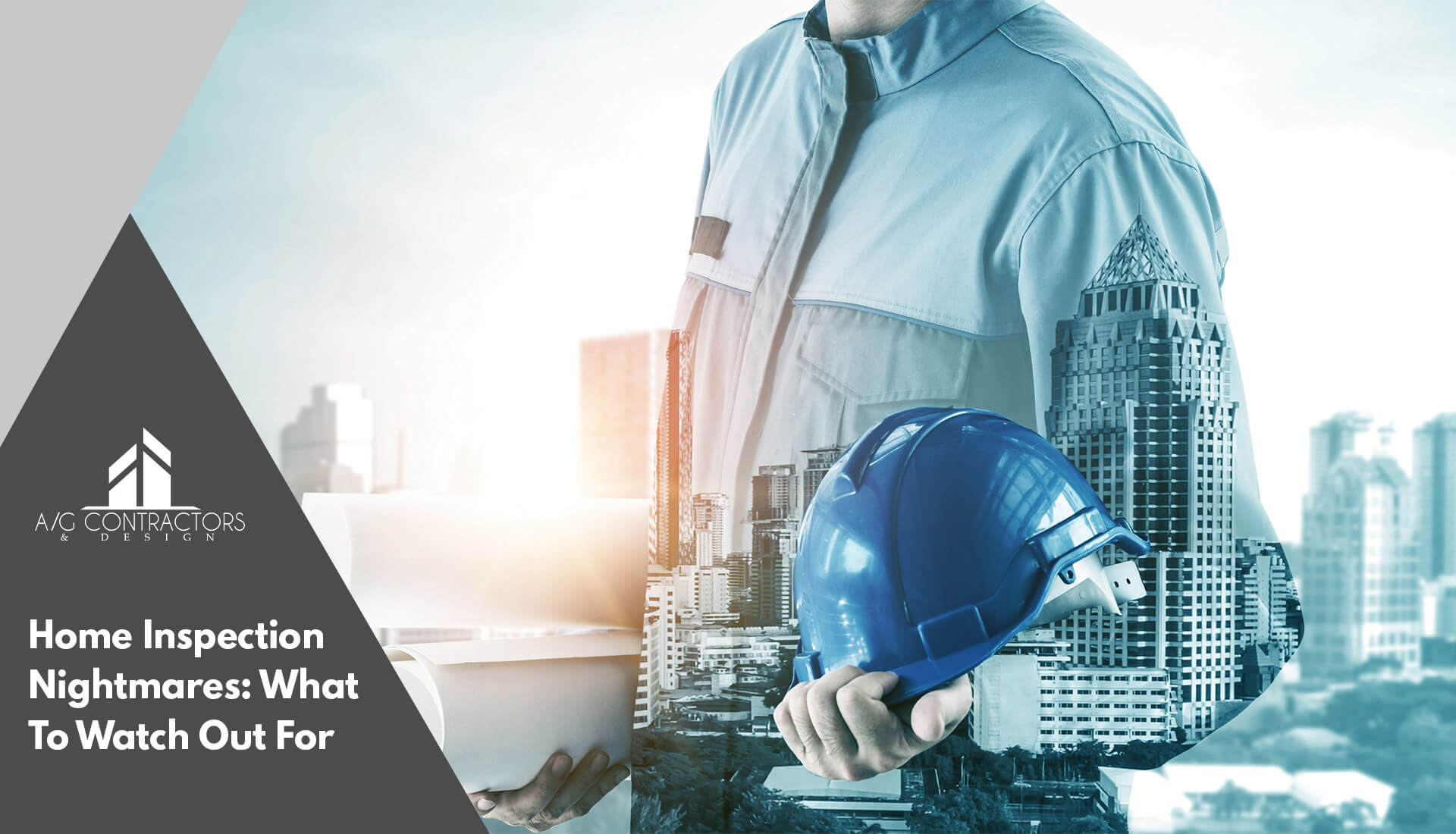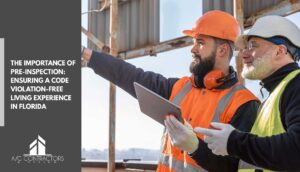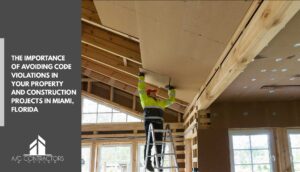What are home inspections?
Home inspections are a great way to ensure that you’re buying or selling your home in good hands. A certified inspector will check out every inch of the place, starting from its foundation and working up towards roof-top conditions – looking for any signs of damage as well as potential issues with structural integrity before it’s too late!
Why are home inspections important?
While home inspections may seem like a formality, they can actually save you from making a very costly mistake. In many cases, home inspectors are able to identify code violations that could result in expensive repairs down the line. Not to mention, they can also spot potential safety hazards that could put your family at risk.
How do I choose a home inspector?
When choosing a home inspector, it’s important to make sure that they are licensed and insured. Additionally, you’ll want to ask for referrals from friends or family who have recently gone through the home inspection process. And finally, be sure to interview multiple inspectors before making your final decision.
What should I expect during a home inspection?
During a home inspection, the inspector will take a thorough look at the home – both inside and out. They will check for any signs of damage or wear and tear, as well as potential code violations. The inspector will also take note of any safety hazards they come across. Now, there are some important broad topics that your team of contractors should always keep an eye out for during a home inspection:
Heating and Ventilation System
When the HVAC system in your home needs service or repairs, it’s important to find an experienced professional who can inspect every inch of its machinery. Homeowners should always do their research before hiring anyone for this task because there are many things that could go wrong without proper care and attention like leaks from pipes under flooring; broken fan belts causing overheating problems by spinning too quickly (which may lead them to catch fire); dirty filters which reduce airflow throughout the house while costing little money upfront.
Foundation
Foundation problems are not always easy to spot. One of the most common signs that your home may have foundation issues would be if you notice cracks in any exterior walls or steps leading up into its front door, as well as an uneven flooring pattern throughout different areas inside rather than just one specific area being tweaked out-of-place like maybe near where somebody’s sitting down right now! So in order to avoid this, make sure your team is prepared and specialized in hope inspections, this way they will notice every little red flag that gets crossed in the way.
Water Heater
Water heaters should be flushed every six to twelve months in order to prevent a build-up of sediment and ensure proper function. If your home has an electric water heater, it’s especially important to have it serviced regularly because they are more likely than gas units to overheat and cause a fire.
Roof
Your home’s roof is one of its most important features, so it’s important to keep it in good condition. Inspectors should check for loose or missing shingles, as well as any signs of leaks or water damage. They should also look for any areas where the roof deck is exposed, which could indicate that the home’s structure is at risk.
Windows and Doors
Your home’s windows and doors are another important part of its structure. Inspectors should check for any cracks or gaps around the frames, as well as any signs of water damage. They should also make sure that the windows and doors are properly sealed and weatherproofed. This one connects a lot with roof and foundation issues. Because of how related they are, you can probably tell that if your contractor spots one of them, he will most likely spot the rest of them!
Electrical System
Your home’s electrical system is one of the most important parts of its infrastructure. Inspectors should check for any signs of damage or wear, as well as any potential code violations. They should also make sure that the home’s electrical system is up to date and meets current code requirements.
Home inspections are important, but they can also be a nightmare if you’re not prepared. Be sure to choose a licensed team of inspectors who are experienced and knowledgeable in all aspects of home inspection. This way, you can be sure that your home is in good hands.








